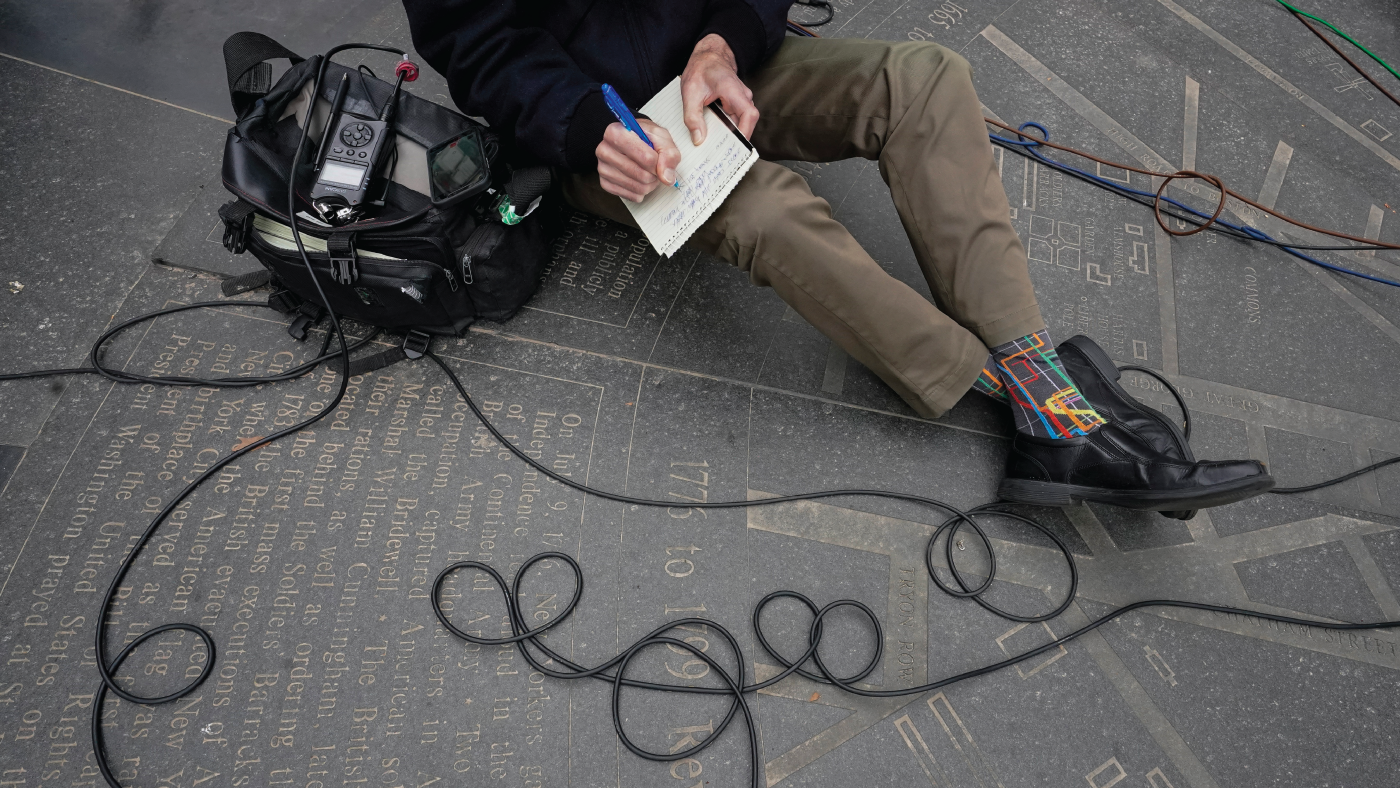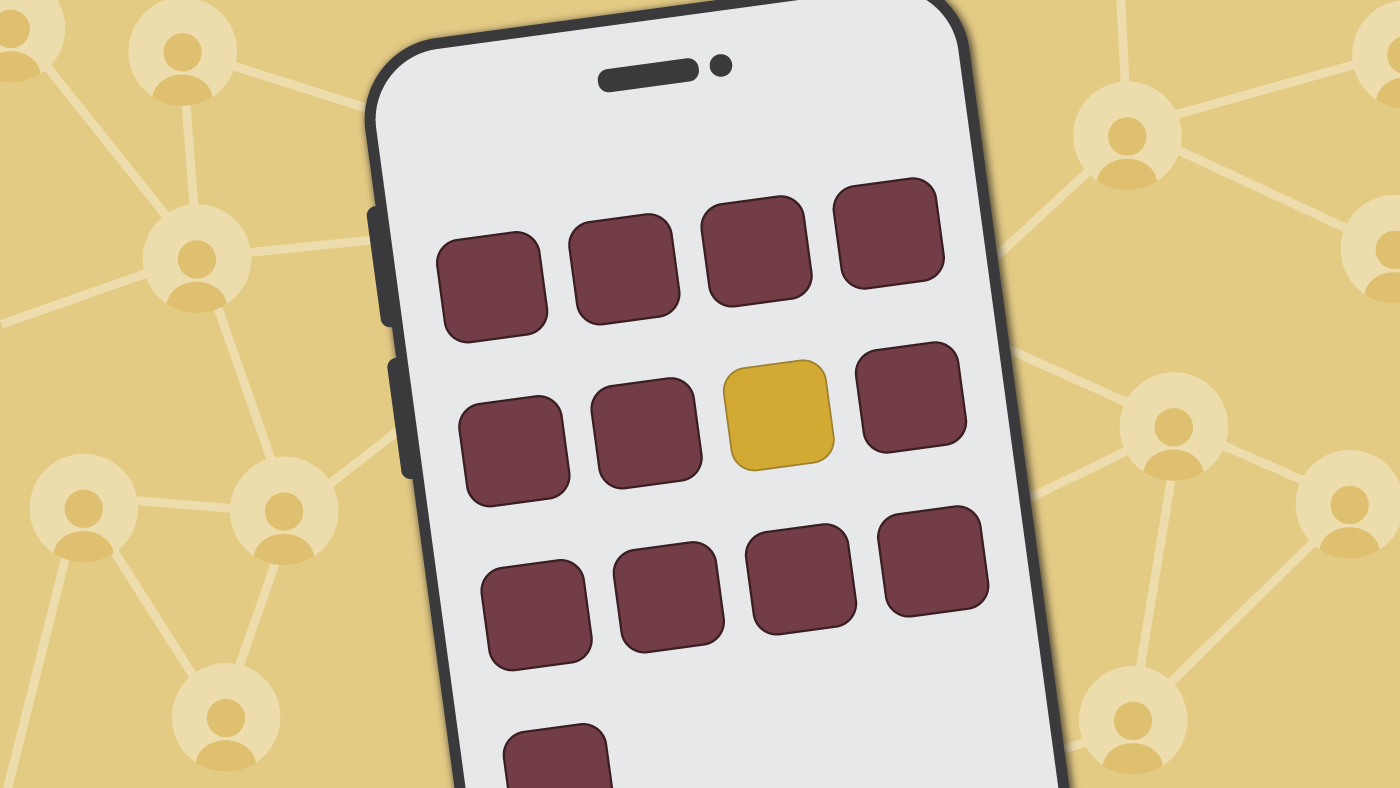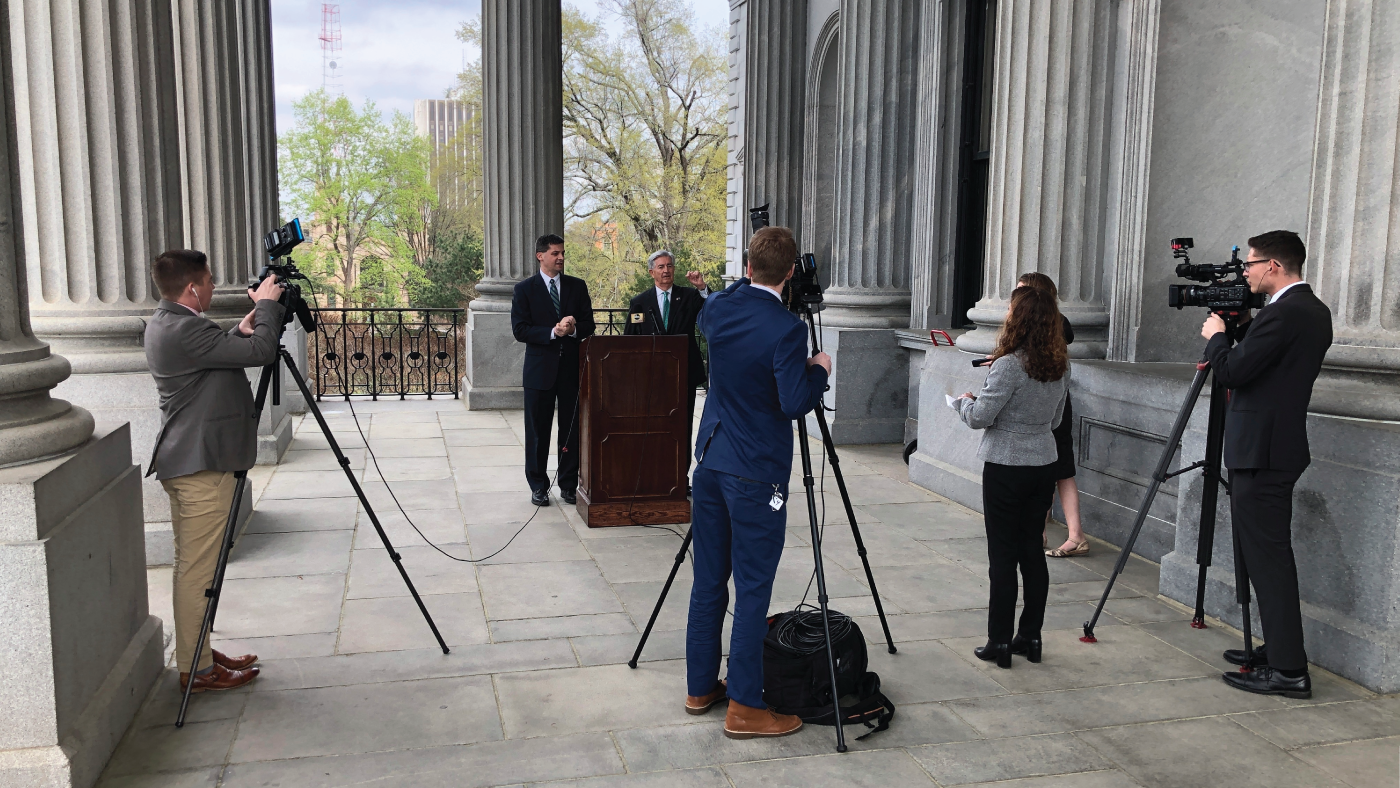Are opportunities for online engagement bringing new voices into the civic debate?
Aaron Smith discusses the role the Internet plays in opening civic and political debate to historically underrepresented groups.
Aaron Smith discusses the role the Internet plays in opening civic and political debate to historically underrepresented groups.
It was a war that often had trouble breaking into the headlines. But in recent months, with President Obama facing a crucial decision over whether to escalate U.S. involvement, coverage of Afghanistan increased noticeably. And last week, as the policy debate intensified, the story dominated finally the news.
Summary of Findings The public continued to closely track news about health care reform last week, while the media divided its attention across a range of foreign and domestic stories. A third (33%) of the public says they followed the debate over health care reform more closely than other top stories last week, while 22% […]
The arrest of Roman Polanski dominated the blogosphere last week, with online commentators overwhelmingly condemning the filmmaker for the crime he committed three decades ago. And a CNN sparring match between anchor Wolf Blitzer and filmmaker Michael Moore was among the week’s most viewed YouTube news videos.
Senior Research Specialist Amanda Lenhart's presentation, "Twitter and Status Updating: Demographics, Mobile Access and News Consumption," given at AoIR 10.0 in Milwaukee, WI on October 8, 2009.
The economic downturn has made headlines for months. How has the press covered the gravest financial crisis since the Great Depression? What elements of the economic story make the most news? Who is driving the coverage? PEJ addresses these questions and more in a new report on press coverage of the economy.
Health care and the economy generated coverage last week, but the news agenda highlighted three geopolitical problems facing President Obama—negotiating with Iran, fighting in Afghanistan and trying to convince the IOC to bring the Olympics to the U.S.
The percentage of Americans saying that press criticism of political leaders keeps them honest is nearly as high now as it was in the 1980s, when views of the media were far less negative than they are today.
Bloggers last week returned to two issues that generated interest in recent weeks. For the second time in a month, Afghanistan led the news in the blogosphere. And musician Dave Matthews sparked a second round of heated online debate with some comments about racism. On Twitter, for this week at least, the focus moved beyond Twitter itself.
Summary of Findings The first week of fall brought little change to the public’s news agenda with the debate over health care reform continuing to top public interest. However, the news media play much less of a role in shaping views of health care reform and the economy – where personal experiences are an important […]
A survey of U.S.-based journalists finds 77% would choose their career all over again, though 57% are highly concerned about future restrictions on press freedom.
Digital news has become an important part of Americans’ news media diets, with social media playing a crucial role in news consumption.
In recent years, several new options have emerged in the social media universe, many of which explicitly present themselves as alternatives to more established social media platforms.
The total number of journalists assigned to state capitol buildings is up 11% since 2014, though figures vary widely by state.



